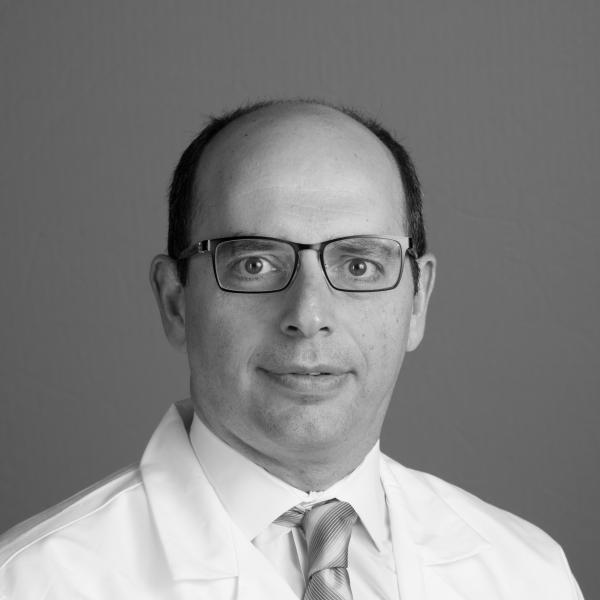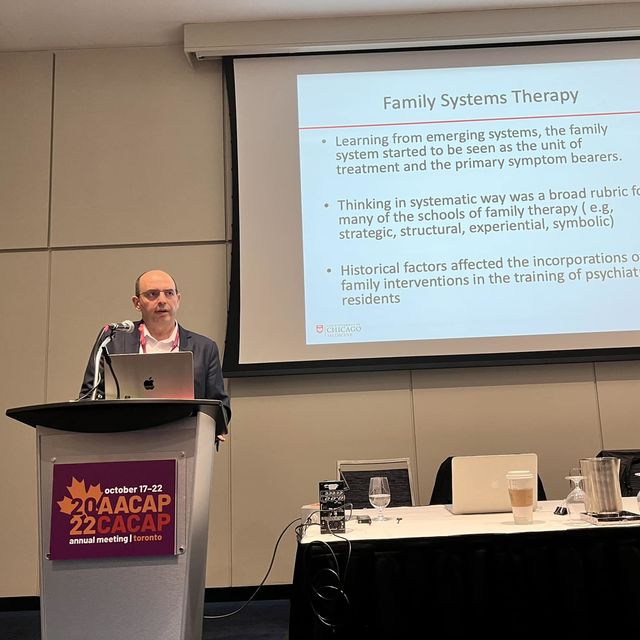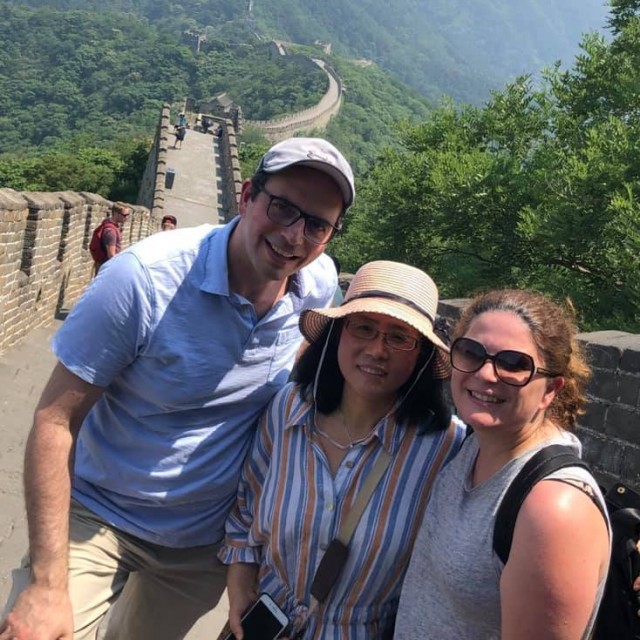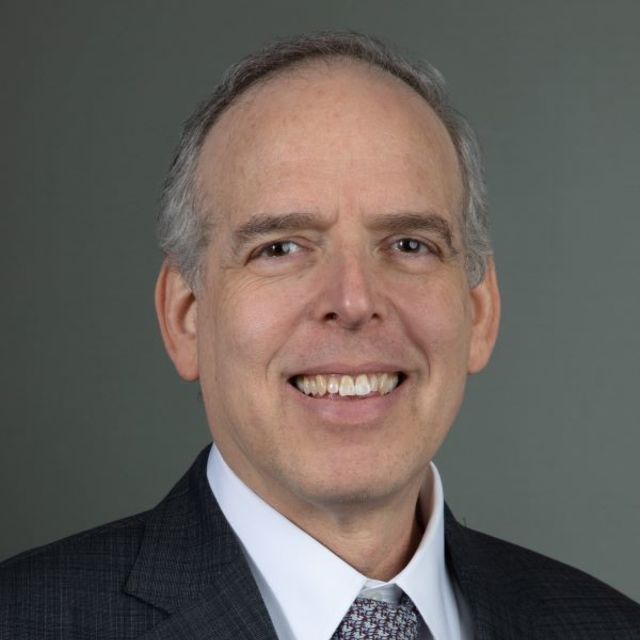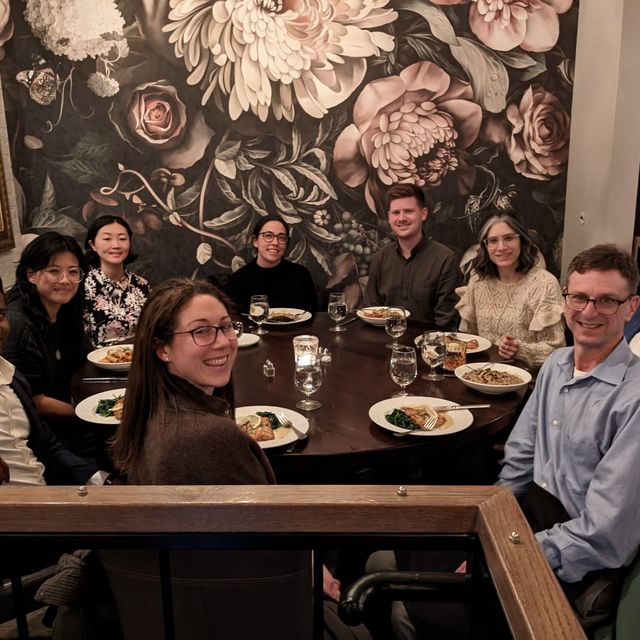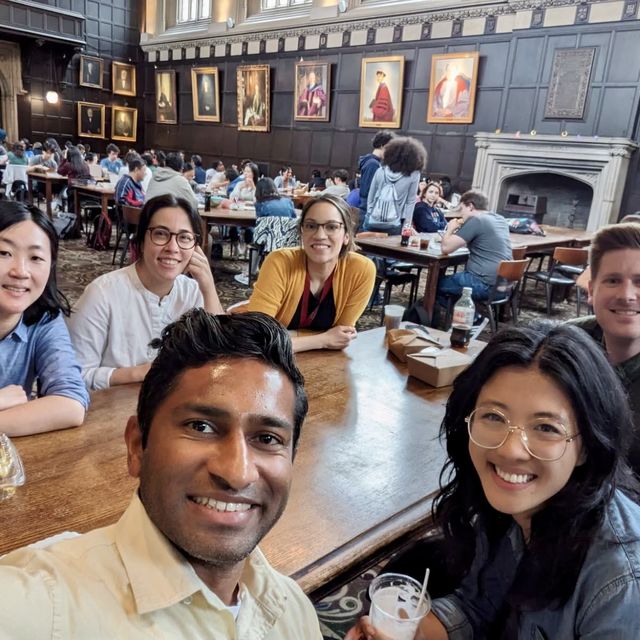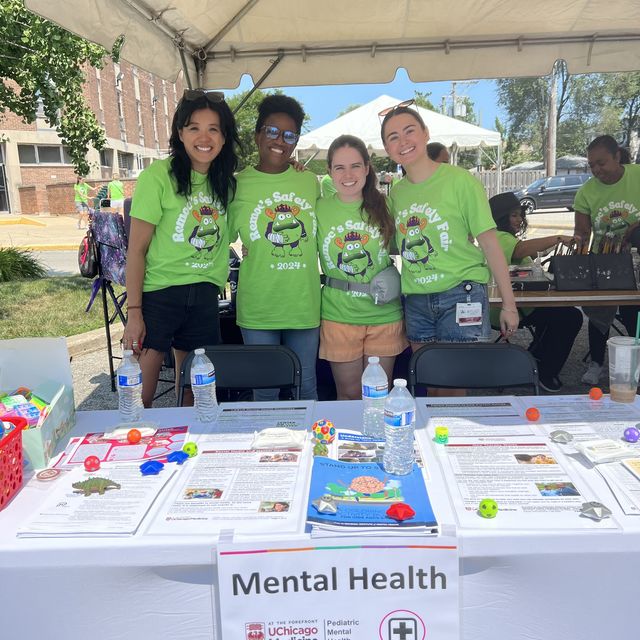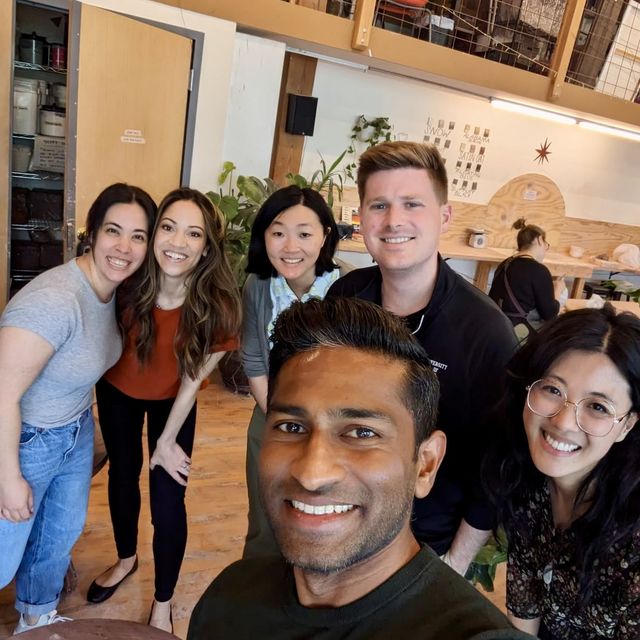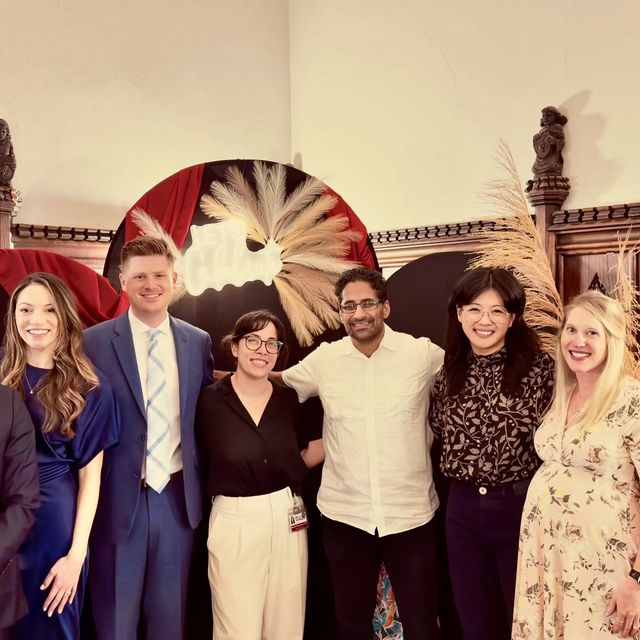First Year:
In the first year, clinical rotations are offered in inpatient adolescent psychiatry, emergency services, forensic and consultation/liaison psychiatry. In addition, fellows begin their longitudinal outpatient experience.
Compass Health Center PHP/Outpatient Rotation:
Compass Child Partial Hospitalization Program is a partial hospitalization program (PHP) for children ages 5-18. Children in this program, typically, have had histories of psychiatric hospitalization or residential treatment or are at risk for such treatment. It is considered to be an acute setting for patients who need higher level of care. The clinical services for both the full and half day components include individual and family therapy, and group therapy by age group. Within the context of a behavior modification program, children have opportunities to develop social and adaptive skills, while stabilizing acute symptoms. Our fellows provide direct psychiatric care, assessment and treatment to children and adolescents while working under supervision of a child and adolescent psychiatrist. The child psychiatrists at Compass who supervise our residents are Dr. Colleen McGuire and Dr. Vijay Khilanani. Dr. Khilanani is a former graduate of our program.
Forensic Rotation:
This rotation is a subcomponent of the inpatient experience. Fellows work with Dr. Nierman in his role as a Forensic Psychiatrist. Dr. Nierman, a forensic expert, plays an integral role in the didactics component of the forensic rotation. Residents can choose to be involved in cases, and participate in the formulation of reports for civil, family, mental health or criminal court cases. The resident’s role is to participate in the evaluation of the patient, acquisition of collateral information, review of records and assist in preparation of a formal written forensic report. Residents accompany Dr. Nierman to all conferences, depositions and courtroom testimony. They learn the art of forensic interviewing, report preparation, and courtroom testimony.
ER Rotation:
The ER Residents evaluate patients and their families presenting to UChicago Medicine Ingalls Memorial Intake Unit and to the Comer and Mitchell Emergency Departments in order to determine the appropriate level of care needed. There is an opportunity to do multidisciplinary work with social workers and community agencies such as SASS, schools, and law enforcement.
The Pediatric Consult-Liaison:
The pediatric consult-liaison service is a 4-month rotation for 1st year trainees in the child & adolescent psychiatry training program. Dr. Khalid Afzal is the Director of the Consult-Liaison Service. The experience involves a range of consultation opportunities to the general pediatrics and pediatric sub-specialty teams at Comer Children’s Hospital. Trainees also have opportunities to assess patients in the emergency room at Comer.
Trainees work closely with the attending faculty, Dr. Afzal and frequently do walking rounds through the hospital. Opportunities exist to do brief individual and family therapy, medication management of a variety of C/L presentations. Numerous educational opportunities exist on this rotation. Trainees work closely with the supervising faculty on a daily basis. In addition, there is weekly child C/L case rounds, a combined adult-child C/L case conference, and bedside teaching while seeing cases at Comer. Research electives are available for those who are interested.
Highland Park Hospital:
This rotation was created following a collaborative merging between NorthShore Health System and the University of Chicago. It provides fellows with the unique opportunity to work with a suburban patient population and to acquire the necessary skills for their diverse needs. Fellows become part of a multidisciplinary milieu during which they gain experience working with outside systems of care. They rotate with two to three different experienced child and adolescent psychiatrists. Fellows become acquainted with the administrative aspects of private practice, Partial Hospitalization, Intensive Outpatient, and in an inpatient setting working with adolescents.
Second-year rotations:
Neurodevelopmental Clinic:
This rotation involves a one-half day per week commitment week for 4 months. The neurodevelopmental clinic serves preschoolers, children, adolescents with suspected pervasive developmental disorders as well as a variety of associated comorbid conditions. Fellows work closely with Dr. Radwan, the current section chief and training director, and a multidisciplinary team of professionals including psychologists, developmental pediatricians, speech and language pathologists and neurologists who specialize in pervasive development disorders.
Pediatric Neurology Clinic:
Fellows rotate through the outpatient pediatric neurology service one-half day per week for four months and work with Dr. Marcuccilli. They attend neurology outpatient clinic and participate in the evaluations of new and follow-up patients. Fellows initially see the patient, present the case to the attending and see the patient with the attending who reviews the critical aspects of the examination. The neurology clinics at the University of Chicago see a broad range of neurological problems, including seizure disorders, trauma, perinatal injuries, CNS malformations, metabolic disorders, tumors, developmental delays, neurological manifestations of autoimmune disease and other systemic illnesses.
Mood and Anxiety Clinic:
This rotation spans 12 months during which fellows spend one half day per week. Run by Dr. Karam Radwan, this clinic offers fellows the unique opportunity of working from a broad range of therapeutic orientations, including cognitive behavioral, client-centered, dialectical behavior therapy, time-limited psychodynamic, solution-oriented, play, and systemic psychotherapy.
Eating Disorders and Family Based Psychotherapy Clinic:
This rotation runs for 4 months and involves one half day per week. In the Eating Disorders Clinic fellows master the use of standardized evaluations (the Eating Disorders Examination, EDE) with patients presenting with various eating disorders, including anorexia nervosa, bulimia nervosa, obesity, binge-eating disorder, and unspecified eating disorders. The treatment approach adopted by the clinic is based on a manualized family therapy model, the Maudsley approach, as developed by former faculty Dr. LeGrange. The clinic also serves as a vehicle to conduct clinical research investigating effective treatments of these disorders. The clinic has been operating for over 10 years serving patients from surrounding communities and across the country. Fellows are supervised by Dr. Seeba Anam MD and Dr. Jennifer Wildes Ph.D.; in addition, they work in a multi-disciplinary team with psychology trainees.
Neuropsychology Clinic:
This rotation entails one half day per week for 4 weeks. Fellows work with Dr. Scott Hunter Ph.D., the head of Pediatric Neuropsychology. During this rotation, fellows learn how to select appropriate neuropsychological assessment tools, score tests and clinically interpret them. Emphasis is placed on advancing knowledge in the interpretation and understanding of findings (both quantitative and qualitative) gleaned from neuropsychological assessment.
Community / School Consultation:
This rotation entails one half day per week for 4 months duration. This rotation comprises exposure at the Hyde Park Career Academy (High School- 9th-12th grade). In addition, there are community consultations with the Child Protective Services Team (CPS) at The University of Chicago Hospitals (UCH). Fellows provide consultation services to the school system, and to individual teachers/ staff and parents. Trainees participate in psychoeducational sessions, such as conducting on-site teaching/ education sessions in the classroom setting. Residents also have “drop-in hours” where teachers, students, and parents are encouraged to ask individual consultation questions.
Electives:
During the second year fellows are given additional time to pursue a variety of electives available both within the University of Chicago Hospitals and outside if desired. Fellows are able to choose between clinical and educational electives pending approval from the Program Director, and this can be tailored to fit the unique educational interests of each individual fellow. Past examples include reading electives, outside clinical experiences, additional time spent in pre-exisiting clinics, and administrative electives.
Research:
This is an individually tailored rotation, where fellows have the choice to delve into a broad range of research areas ranging from clinical to basic research. Fellows join an established research group at The University of Chicago, develop their own project or participate in an ongoing research project, and present their data and conclusions to the department section by the end of their second year of training. Fellows can spend additional elective time should they choose to.
Administrative Duties:
Fellows attend QA meetings and regular meetings with Dr. Radwan to become familiar with the functioning of the clinical services. Fellows assist in the administrative aspect by reviewing referrals and intakes, referring cases to the appropriate clinics and participating in supervision of residents in the Adult track conjointly with the attending psychiatrist.
